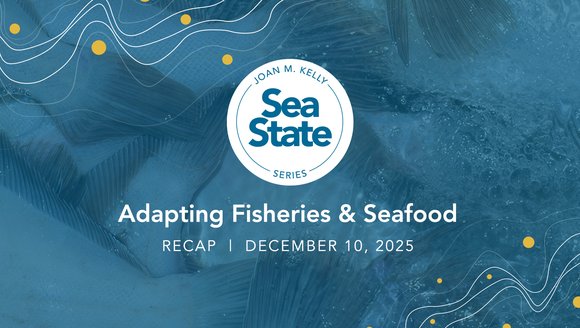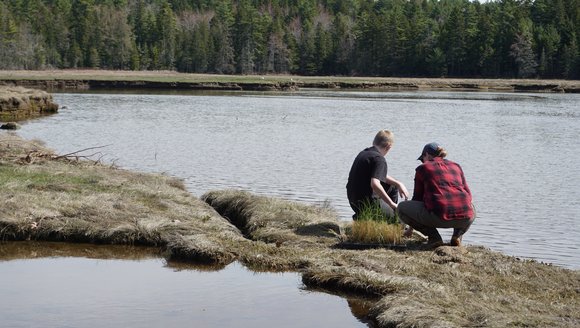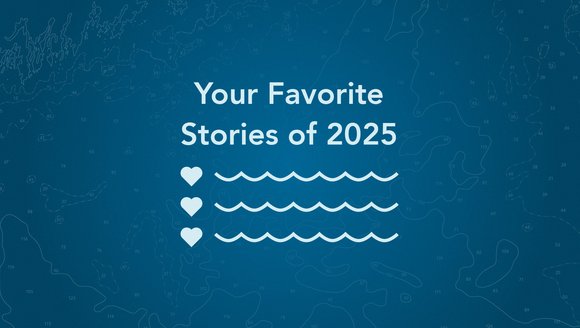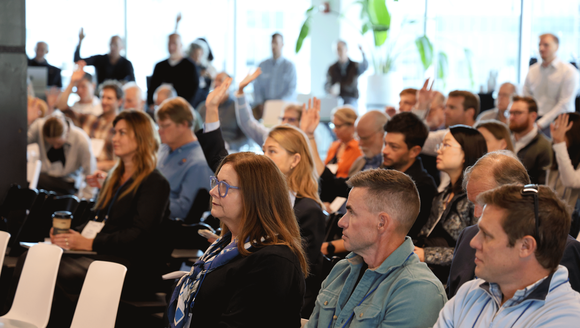Gulf of Maine, Explained: Fisheries Acoustics
Gulf of Maine, Explained | May 30, 2018
In the vast depths of the Gulf of Maine, concentrated patches of organisms punctuate long empty stretches. This can create some challenges for scientists who want to understand the location and abundance of certain species.
One of the most important tools our fisheries scientists use in their research is acoustics technology. In the newest installment of Gulf of Maine, Explained, Research Associate Adam Baukus details how this process works and how we use acoustics in our work.
When most people think about acoustics in a research setting, they imagine recording and listening to whale songs. This process is known as passive acoustics. Our scientists use a process called active acoustics — beaming sound into the water column and measuring what bounces back. Depending on how the signal returns to the boat, these sound waves can help us identify which organisms swim below and where those organisms are in the water column.
This technology has contributed to several important research projects at GMRI, improving our understanding of species such as shrimp and herring in the Gulf of Maine.
Gulf of Maine, Explained
In our video series, The Gulf of Maine, Explained, you’ll learn more about important-but-unfamiliar concepts related to our work. We’ll cover commercial fishing, fisheries research, sustainable seafood, education, and more. While we probably won’t answer all your questions in one short video, we hope to spark your curiosity about complicated issues that are central to our mission.



